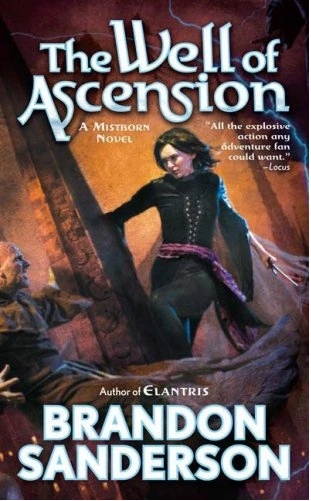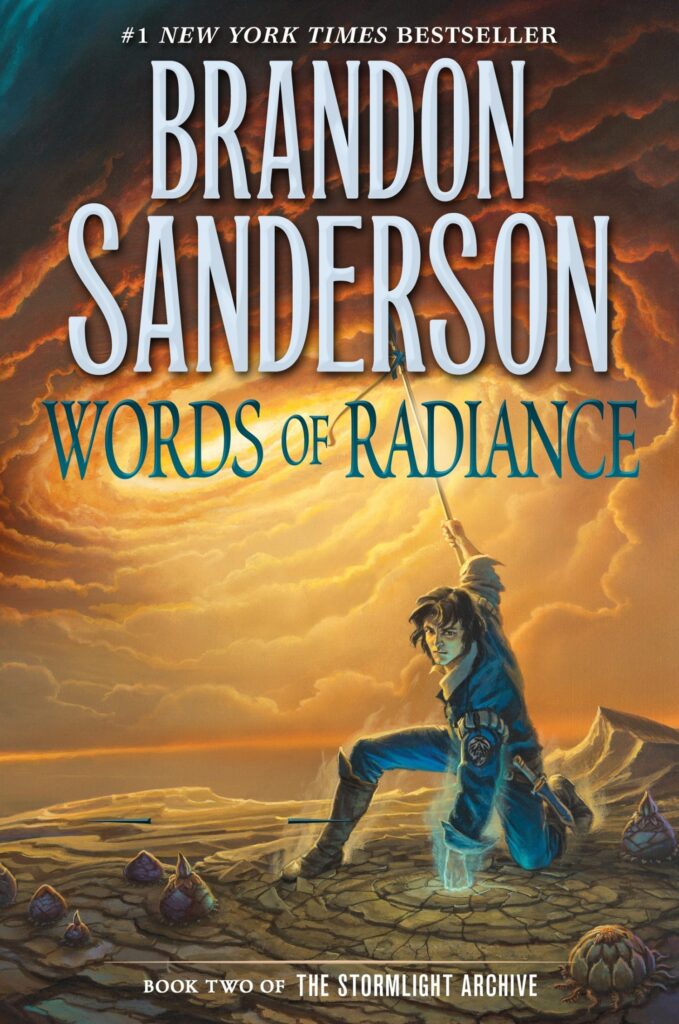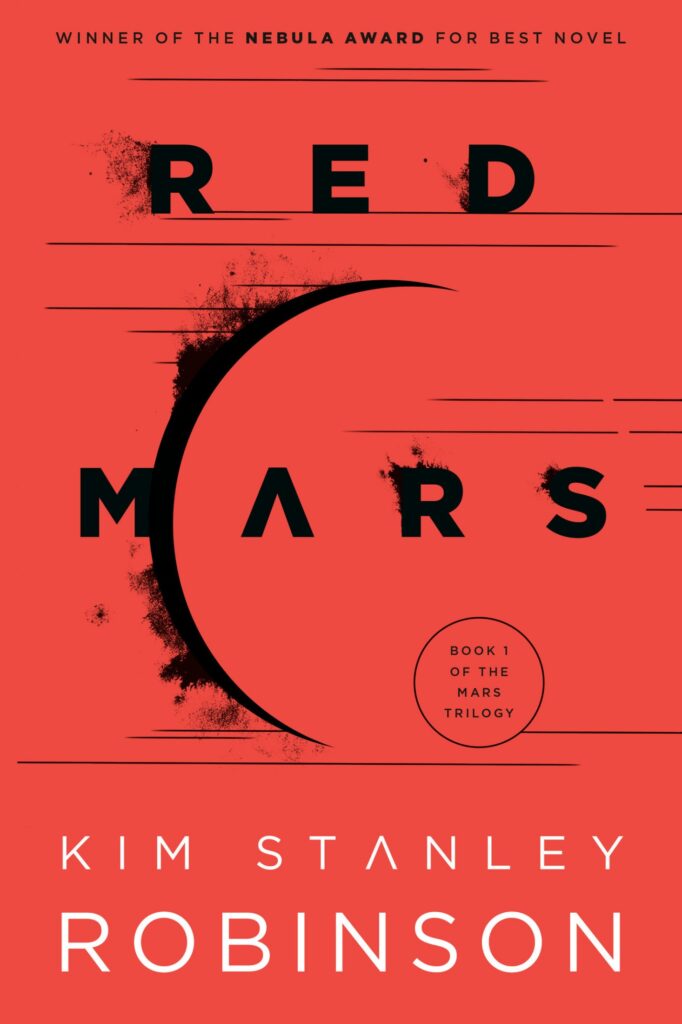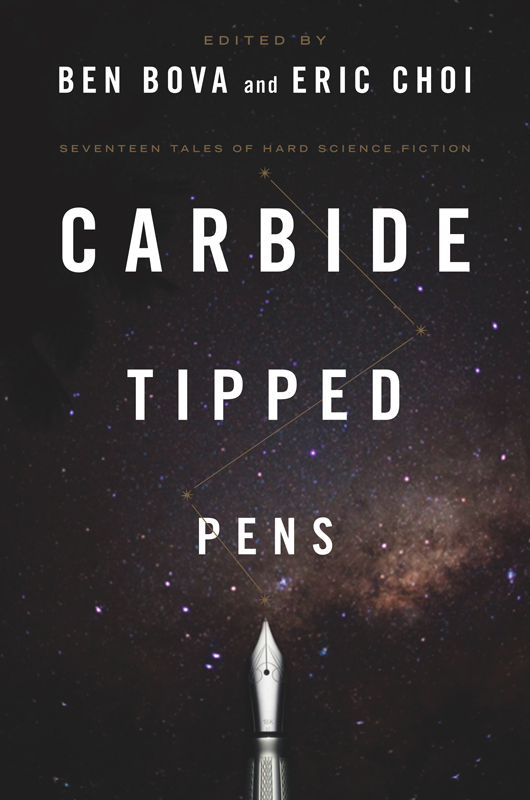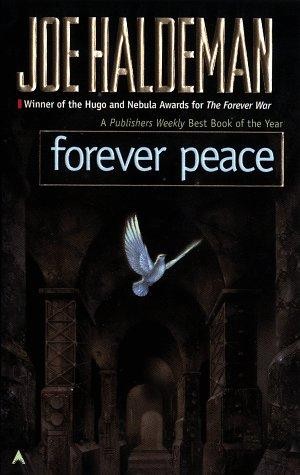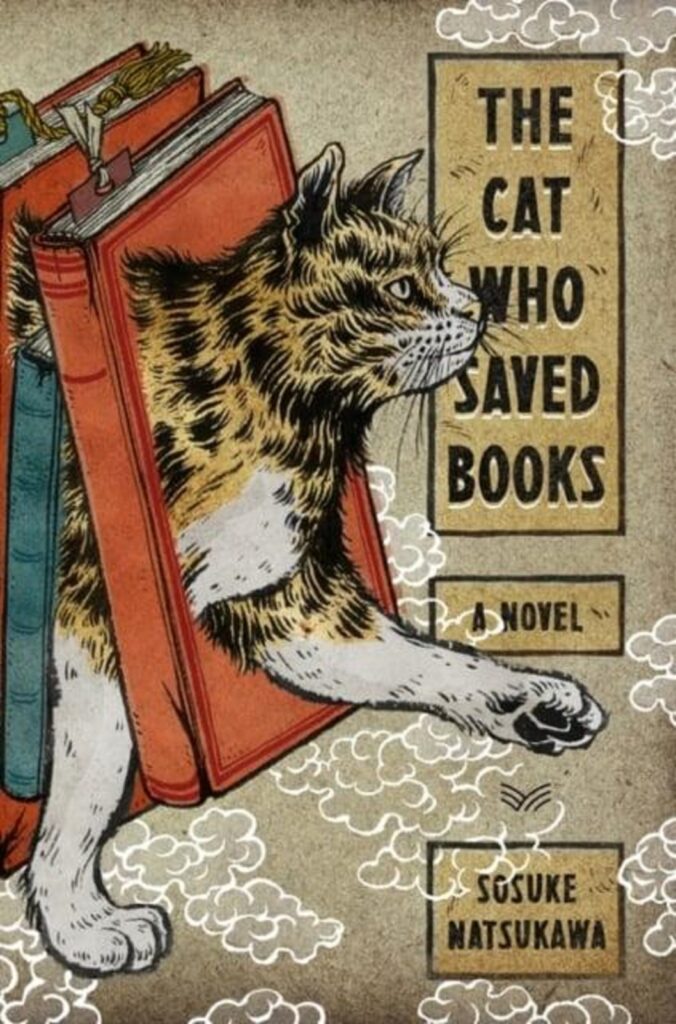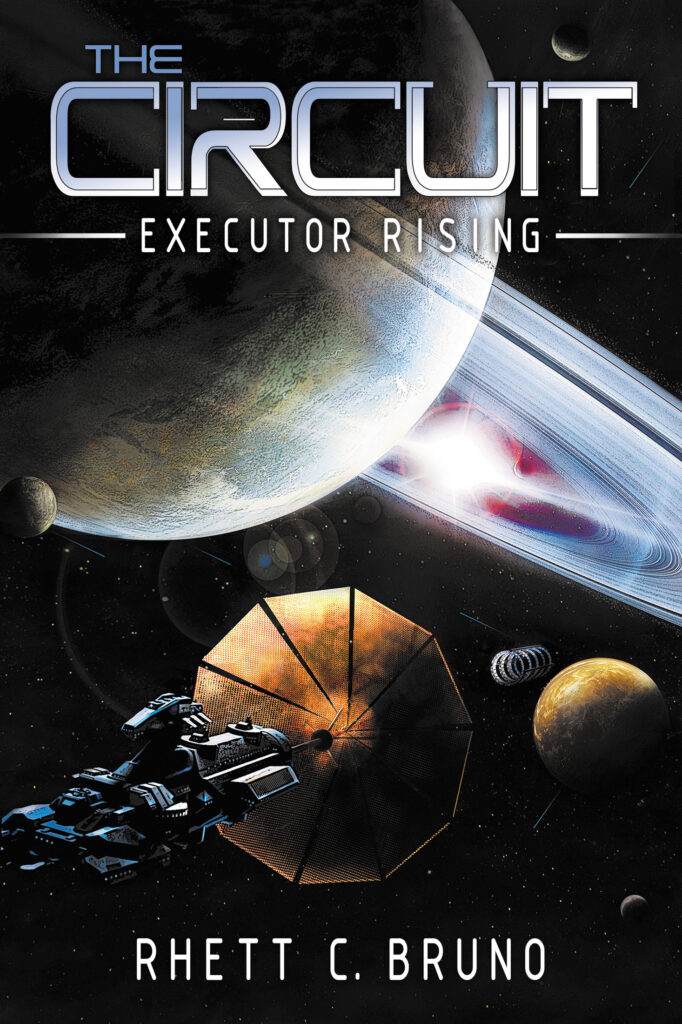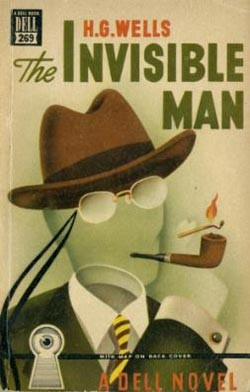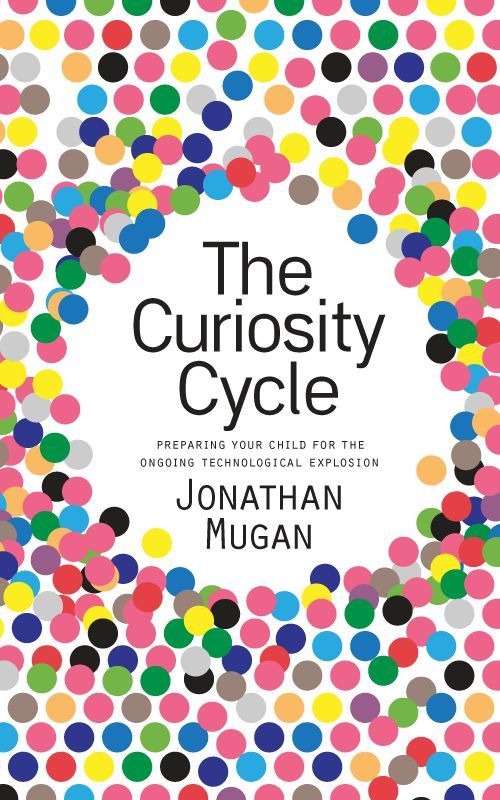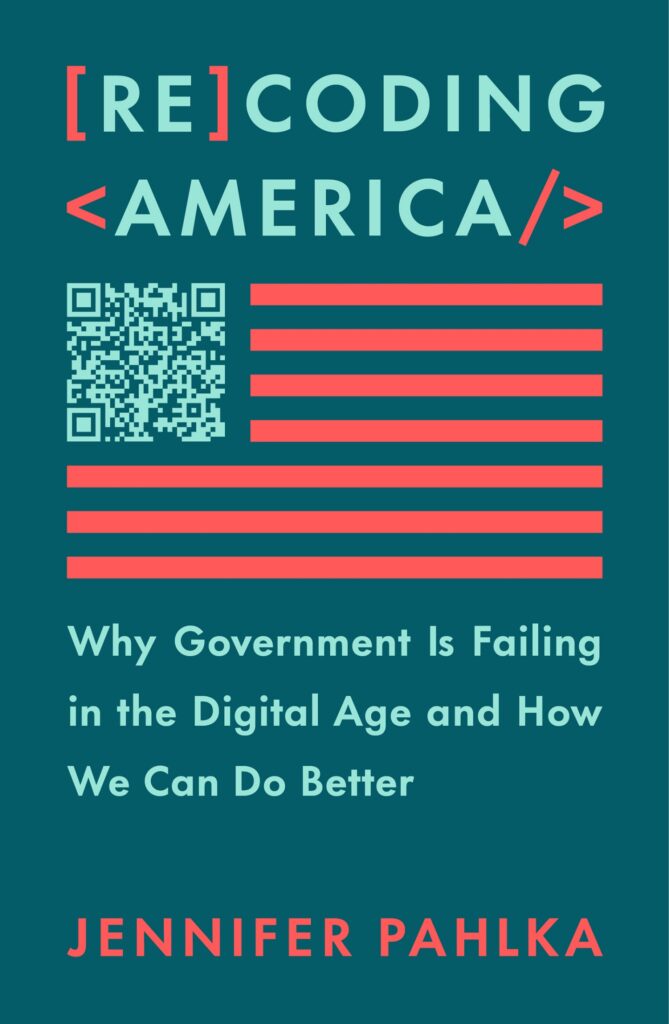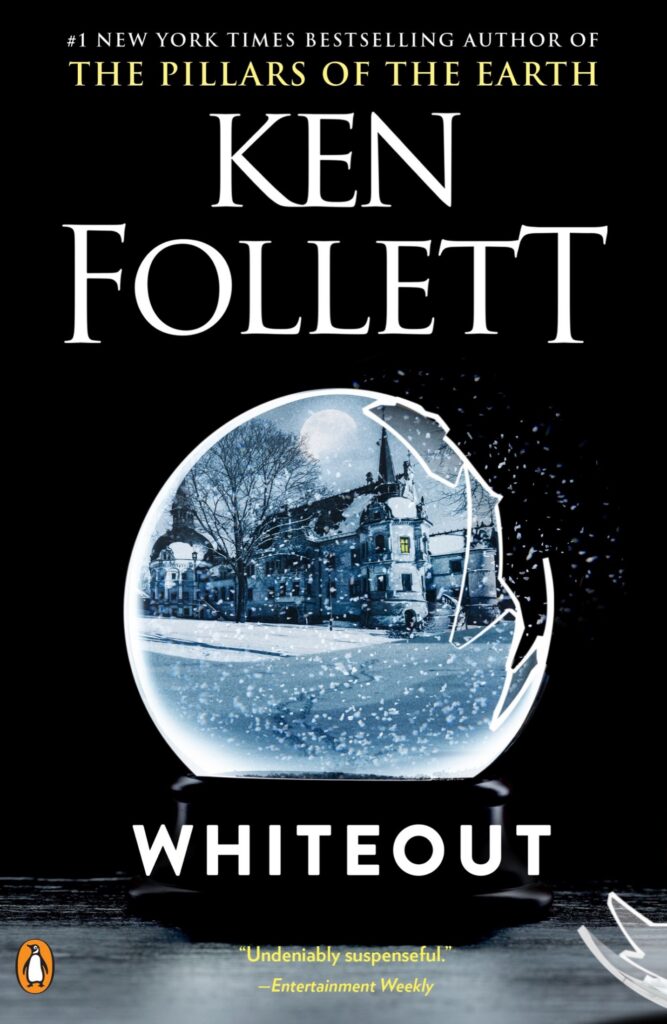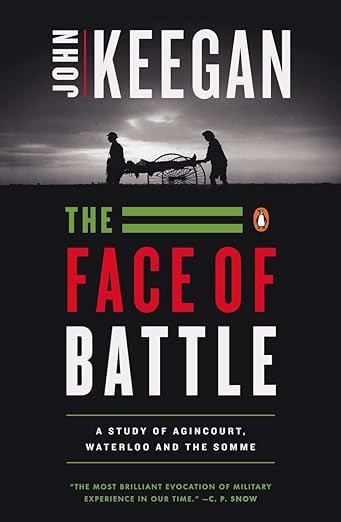
The Face of Battle by John Keegan
A British Academic’s attempt at understanding what the experience of “battle” is. He attempts to isolate variables by focusing on three battles for which considerable historical data exists, which all occurred in northern France, and which involved in the fighting the French, the English, and–in the Somme–the Germans.
I found Keegan’s prose to be challenging. Asides within asides made it difficult to parse sentences. Maybe this is a common style of British academia. But it made for difficult reading at times.
While his attempts to characterize “battle” are quite interesting the thing standing out to me most is the incredible scale through which battle has evolved over time. From low tens-of-thousands combatants at Agincourt fighting over the course of hours to more than 3 million combatants at the Somme fighting for over 4 months. It’s staggering how much energy humans will muster to annihilate each other.
Ludicrous: The Unvarnished Story of Tesla Motors by Edward Niedermeyer
This was someone’s pick for our book group at work. Extremely frustrating to read as we watch Republicans give Musk free reign to dismantle our government. The book lays out in excruciating detail how Musk has spent decades flat out lying about anything and everything and getting away with it. Promise after promise and hype after hype he has failed to deliver and simply pivots to a new, shinier, grander lie to distract from his previous failures. And now he’s doing the same thing while destroying our country.
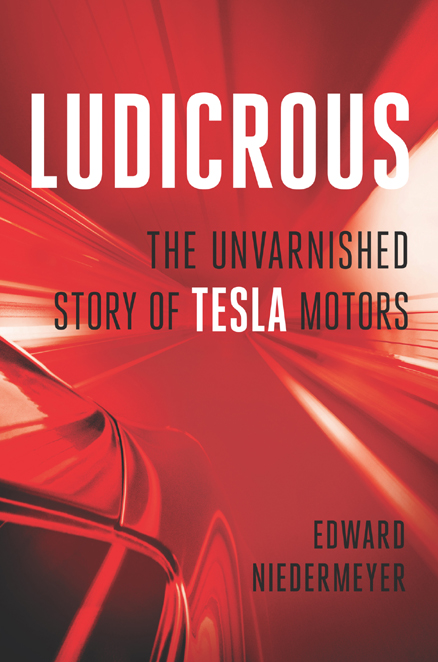
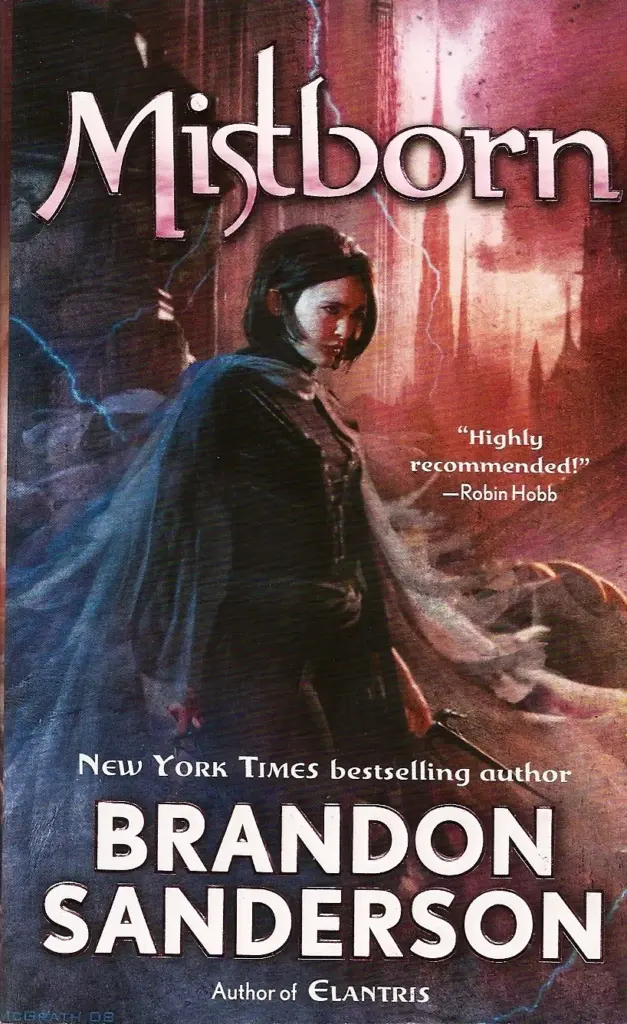
Mistborn by Brandon Sanderson
Having played the recent board game of the same title a couple of times I figured I should read it. Jess has had the trilogy since before we got married, so they’ve just been sitting on the shelf waiting for me.
While I couldn’t put my finger on why, I feel like I can tell it’s one of Sanderson’s earlier works–that his writing has matured since then.
I still enjoyed it though.
The Well of Ascension by Brandon Sanderson
So I went on and read the second book the trilogy too.
While some set up was done in the first book it was clear the first book could have been left to stand on its own if not received well. So it was kind of interesting to get a story that has to pick up from “we defeated the big bad guy and we’re in charge now!” and follow through on “yah, now you’re in charge, how does that work out for you?” It’s not rainbows and sunshine. And then it gets worse.
Looking forward to finishing the story with book three.
